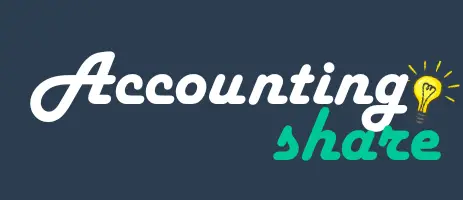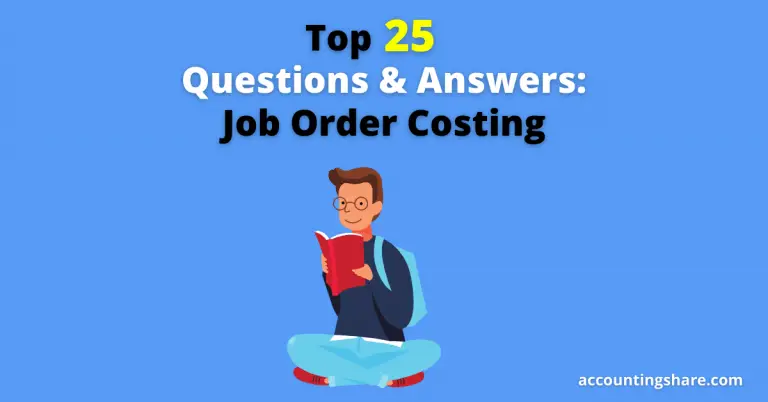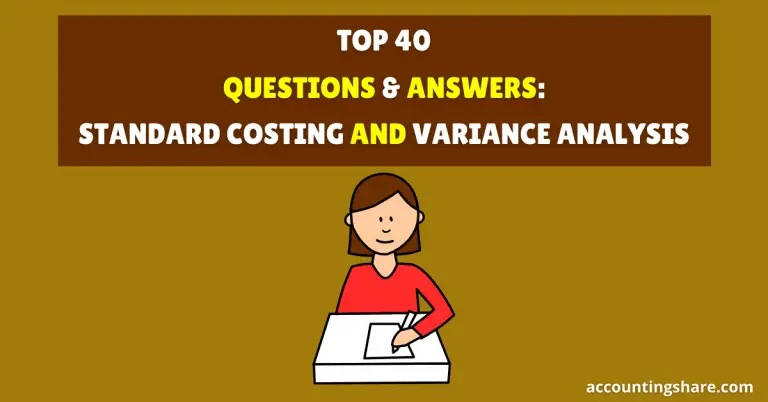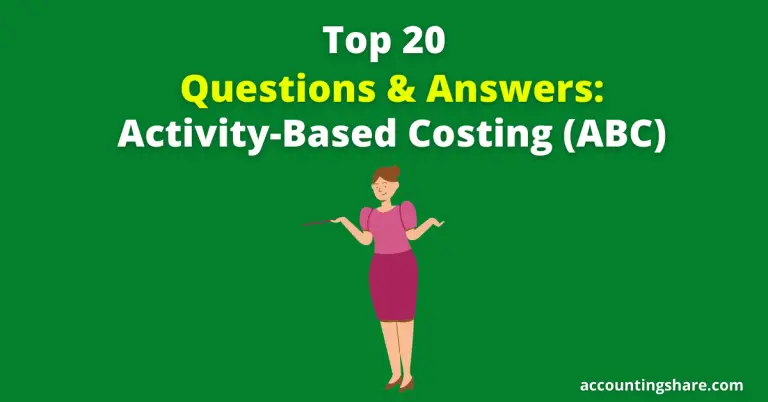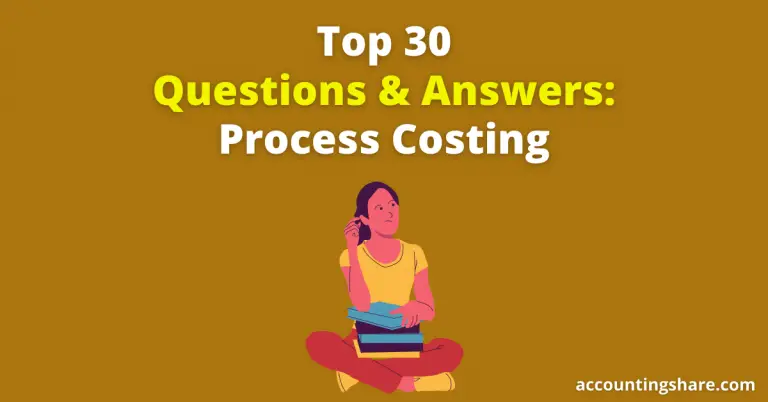Top 25 Questions and Answers-Operating Costing [With PDF]
In this article, you will learn the “top 25 Questions and Answers-Operating Costing”. After reading this post, you will have a basic understanding of operating costing, which will aid in the development of your accounting skills.
So let’s get started.
Questions and Answers-Operating Costing
Question-01: What is operating costing?
Answer: Operating costing is a method of calculating costs for businesses that offer services rather than produce goods.
Question-02: What industries are great choices for operational costing?
Answer: The following sectors are great choices for operating costing:
- Transport Service
- Water Supplies
- Electricity Suppliers
- Hospitals, Canteens
- Colleges etc.
Question-03: What are the most important characteristics of operating costing?
Answer: The following are the main characteristics of operating costing:
- Costs are expressed in double units, such as passenger-kilometer, ton-kilometer, kilowatt-hour, and so on. These products can be used for a variety of goods transportation services, airlines, and passenger bus services, among other things.
- Costs are calculated at the end of a specified time within the operating costing system. For operating costing, the perpetual system is neither applicable nor feasible.
Question-04: What are the benefits or advantages of operating costing?
Answer: The following are the advantages or benefits of operating costing:
- It’s easy to keep track of regular or fluctuating variable expenditures.
- Waste can be avoided with proper management.
- The inter-department can be balanced by comparing them to other departments.
Question-05: How many categories of operating costs are there? And what are they?
Answer: there are three categories of operating costs which are as follows:
- Running Costs
- Maintenance Costs
- Fixed or standard Costs
Question-06: What are the examples of running costs?
Answer: The examples of running costs are as follows:
Cost of petrol, diesel, lubricating oil, grease, the toll token in the bridge, etc.
Question-07: What are the examples of maintenance costs?
Answer: The examples of maintenance costs are as follows:
Cost of tires and tubes, Repairs and paintings, spares and accessories, etc.
Question-08: What are the examples of fixed or standard costs?
Answer: The examples of fixed or standard costs are as follows:
Garage rent, insurance of the vehicle, road license, annual depreciation, the salary of office manager, etc.
Question-09: In operating costing, what are the two types of cost units?
Answer: In operating costing, there are two types of cost units:
- Simple cost unit
- Composite cost unit.
Question-10: What is a single unit?
Answer: A single unit is an element made up of only one unit. For example, per year, per mile, per hour, per month, and so on.
Question-11: What are composite units?
Answer: Composite units are elements that are made up of several composites and play an important role in distribution.
Question-12: What is the list of simple cost units?
Answer: the list of simple cost unit are as follows:
- Passenger transport service- Per Kilometer
- Goods transport service- Per Kilometer
- Road maintenance- Per Kilometer of road maintenance
- Canteen Service- Per meal
- Hospital-Per bed
- Private transport-Running hour, trip, kilometer.
Question-13: What is the list of composite cost units?
Answer: the list of composite cost unit are as follows:
- Passenger Transport- Passenger Kilometer
- Goods Transport-Ton Kilometer
- Electricity Supply-Kilowatt Hour
- Canteen Service-Man-meal
- Hospital- Per Patient bed per day
Question-14: What are fixed transportation expenses?
Answer: Fixed transportation expenses are expenses that do not change with the movement of the vehicle and are the same for a fixed period of time. For example, Interest on capital, garage rent, insurance, and license fees, etc.
Question-15: What are variable transportation expenses?
Answer: Variable transportation expenses are those that are based on the movement of the vehicle. Repair and repairs, tires and tubes, gasoline, lubricants, and so on.
Question-16: What is a logbook or log sheet?
Answer: A logbook, also known as a log sheet, is a book or sheet that documents the operation and maintenance of cars, engines, pumping stations, and other equipment over a period of time.
Question-17: What elements are recorded in logbook or log sheet?
Answer: The elements recorded in the logbook or log sheet are as follows:
- Number of trips
- Driven kilometers
- Transported passenger
- Hours of delay
- Reasons for being late etc.
Question-18: What is a performance Report?
Answer: The performance report is the report that is sent to the management authority for decision-making and cost control at the end of the specified period for each transport.
Question-19: How to calculate transport cost per unit?
Answer: Transport cost per unit= (Total cost during the period/Numbers of service units during the period)
Question-20: What is the objective of determining the cost per unit?
Answer: the objective of determining cost per unit is as follows:
- It’s used to set the price of a ticket.
- It’s used to keep track of costs.
Question-21: How to calculate run kilometers?
Answer: Run kilometers = (Number of vehicle*Distance*Number of trips*Working days)
Question-22: How to calculate passenger-kilometers?
Answer: Passenger kilometers= (Number of vehicle*Distance*Number of trips*Working days* Actual passenger carried)
Question-23: How to calculate Ton kilometers?
Answer: Ton Kilometers = (Number of vehicle*Distance*Number of trips*Working days* Goods carried)
Question-24: What is the main objective of cost centers in hospitals?
Answer: The main objective of cost centers in hospital are determining the cost of medical services.
Question-25: What is the common cost unit for a hotel costing?
Answer: The common cost unit for hotel costing is “Per room day.”
You can also read:
Top Questions and Answers:
